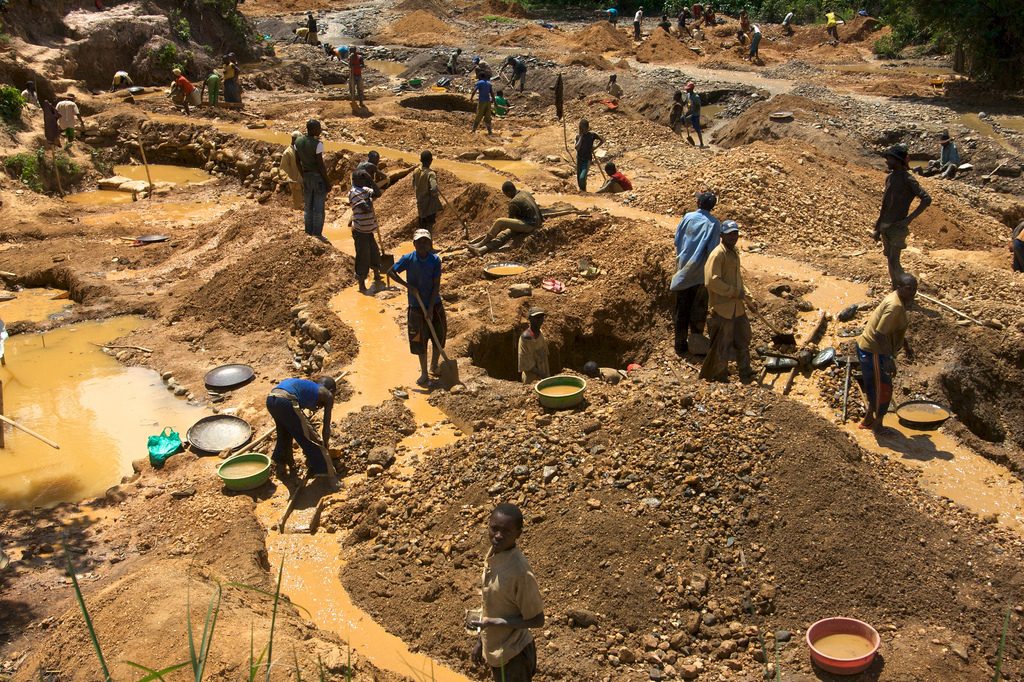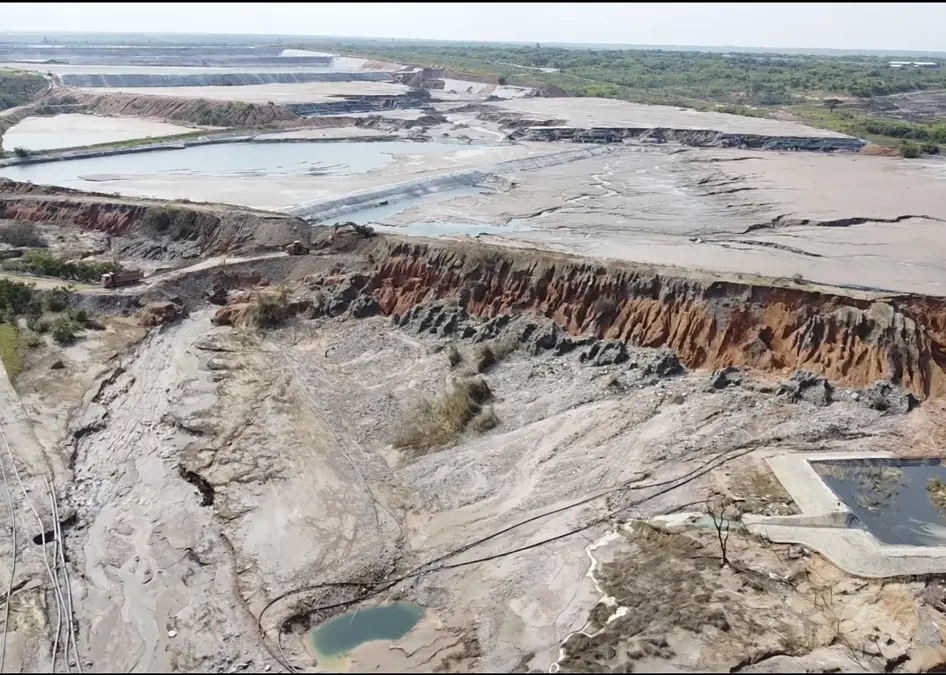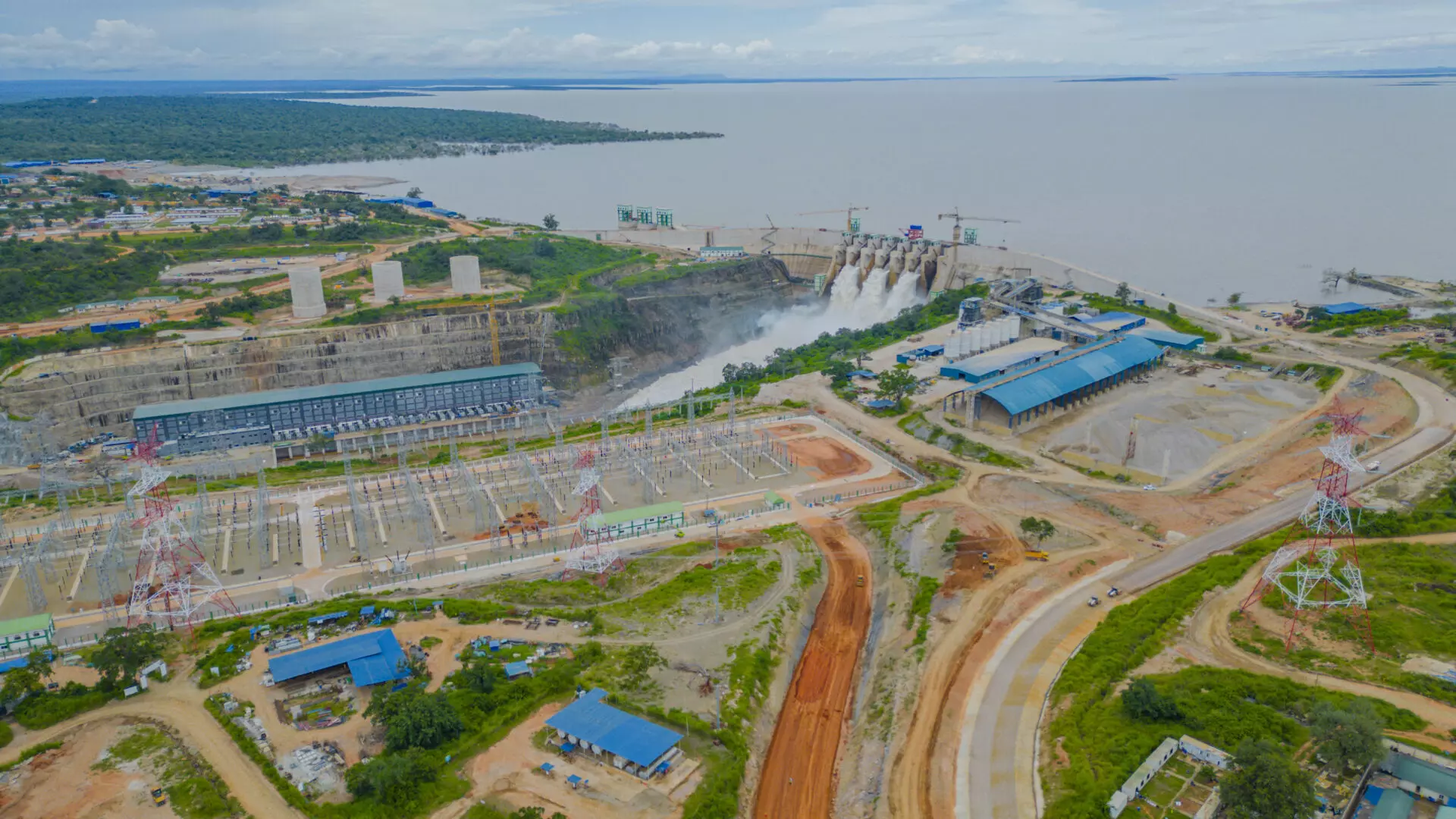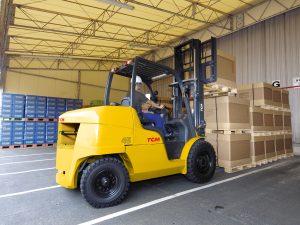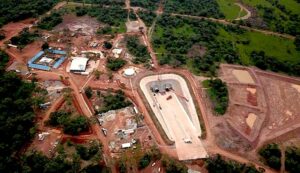Illegal mining digs up multiple problems in Ghana
Ghana, Africa’s largest gold producer, launched its first refinery in August this year. The raw gold will come from the artisanal mining sector mainly because large, predominantly foreign-owned companies supply gold mined in Ghana to refineries outside Ghana in countries such as the United Arab Emirates, Switzerland and India.
While the government relies on dividends and taxes from large companies, the small-scale mining sector provides direct support to local miners and fosters the gradual growth of Ghanaian-owned mining companies. There are over a million small-scale miners in Ghana supporting the livelihoods of over 4.5 million people. Small-scale, artisanal mining constitutes more than 35% of mining activities and is reserved only for Ghanaians with permits. However, it is estimated that over 85% of this mining is still conducted illegally.
Illegal mining, commonly referred to as ‘galamsey’ in Ghana, is a major driver of rapid land degradation, deforestation and health risks. This year, Ghana’s water regulator warned that the country may need to import water in the next five years due to galamsey along water bodies. Ghana is the world’s second-highest cocoa producer – but because of the galamsey cocoa farms are destroyed to make space for illegal gold mining sites. Such risks have driven calls for a total ban on all forms of artisanal mining.
In January 2022, Ghana’s government reduced the tax on gold from artisanal miners from 3% to 1.5% in an attempt to curb gold smuggling. This increased legal gold exports from the small-scale mining sector, but smuggling remains prevalent.
There are concerns that extremists could exploit the illicit mining hubs for resource mobilisation and recruitment
Operation Vanguard, a joint military and police task force established in 2017, conducted regular raids on sites, often arresting artisanal miners with poor education and resource backgrounds. Yet many interventions fail to target the highly resourced ‘sponsors’ behind galamsey. This includes local and foreign networks that purchase mining tools and negotiate access to lands with customary chiefs, taking advantage of the fact that 80% of Ghana’s land is held under customary governance.
While the government claims areas with huge mineral resources for public good, after compensating the traditional owners, there are still vast unclaimed lands open to illegal mining. This sometimes happens with the tacit approval of customary chiefs, who receive royalties from miners. Miners also operate in remote areas and national parks that customary and state authorities cannot monitor sufficiently.
Most of the illegally mined gold in Ghana is smuggled through clandestine networks to the United Arab Emirates. Ghana reportedly lost about US$1.1 billion in revenue from gold exports from 2019 to 2021. In Al Jazeera’s documentary Gold Mafia, Alistair Mathias, a Canadian citizen, claims to smuggle about US$40 million worth of gold out of Ghana every month for high-level state actors. This points to political interests and corruption as key to sustaining the illegal practice.
Foreign nationals from neighbouring countries and abroad exacerbate the situation. Several Chinese nationals have been arrested for running illegal mining operations, including recruiting local miners and introducing the use of heavy machinery on sites. But few are convicted. Most Chinese nationals who have been arrested are fined or deported.
Share this content:
